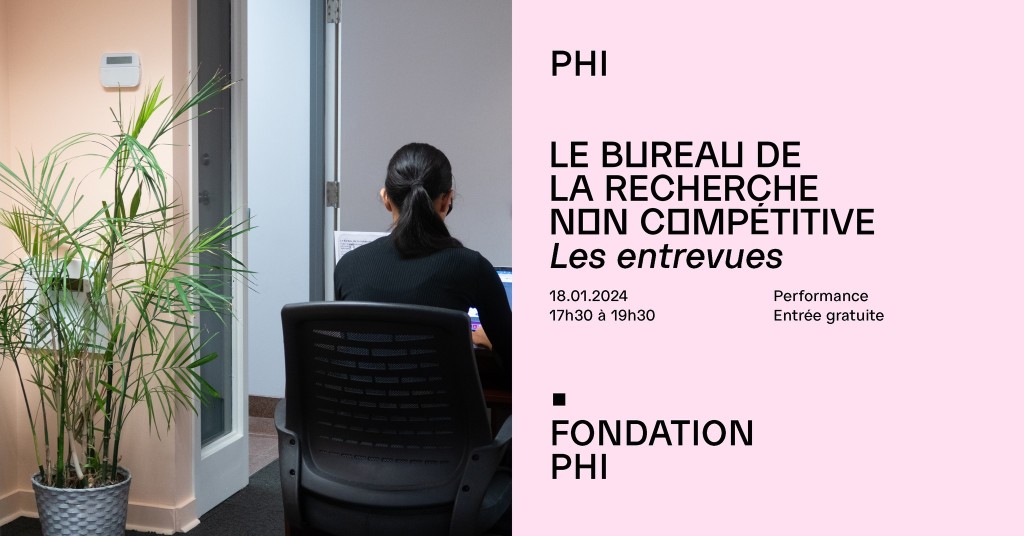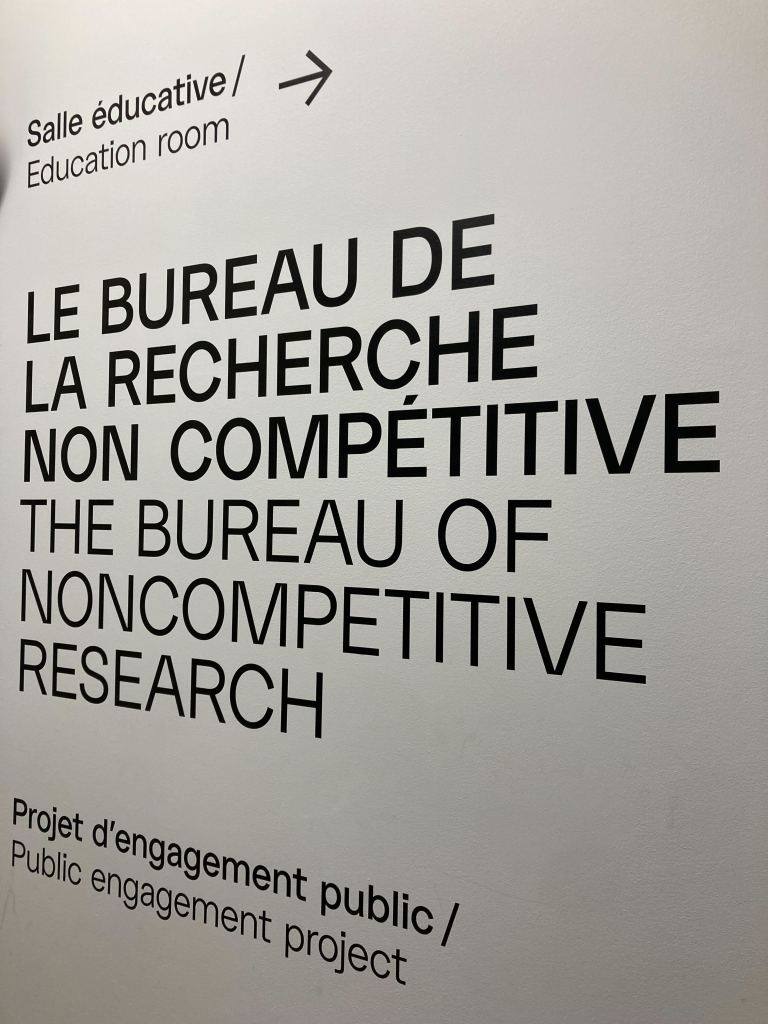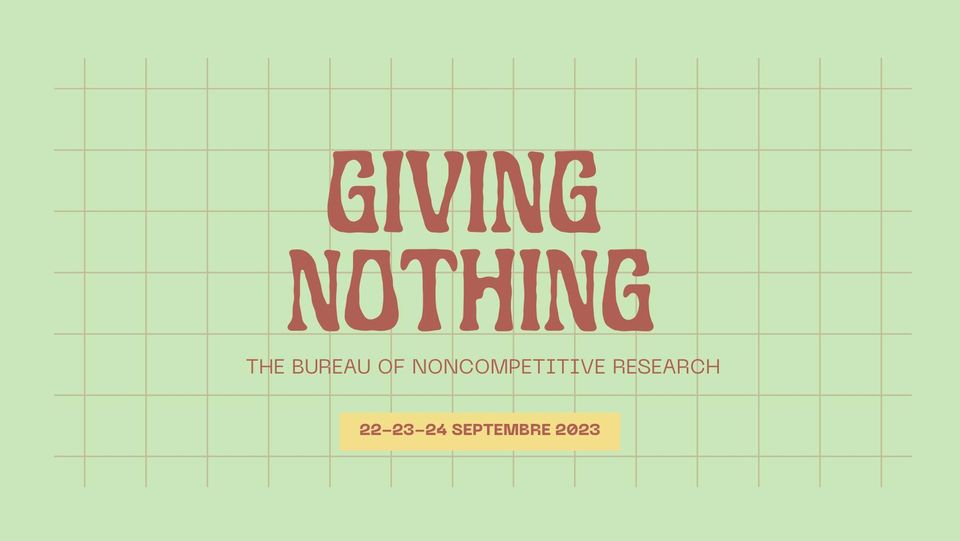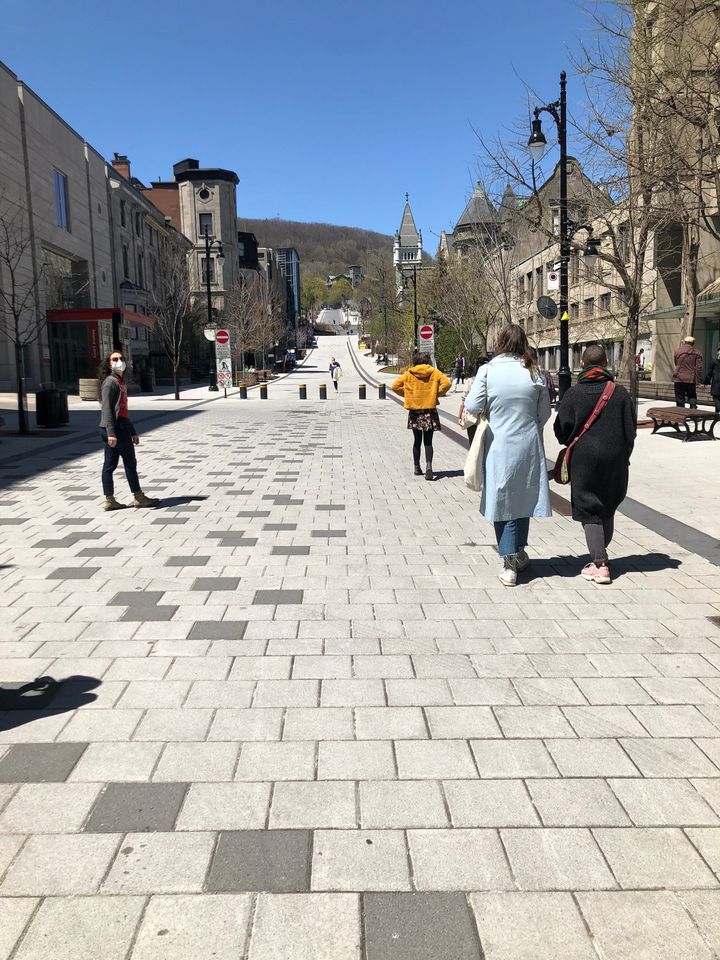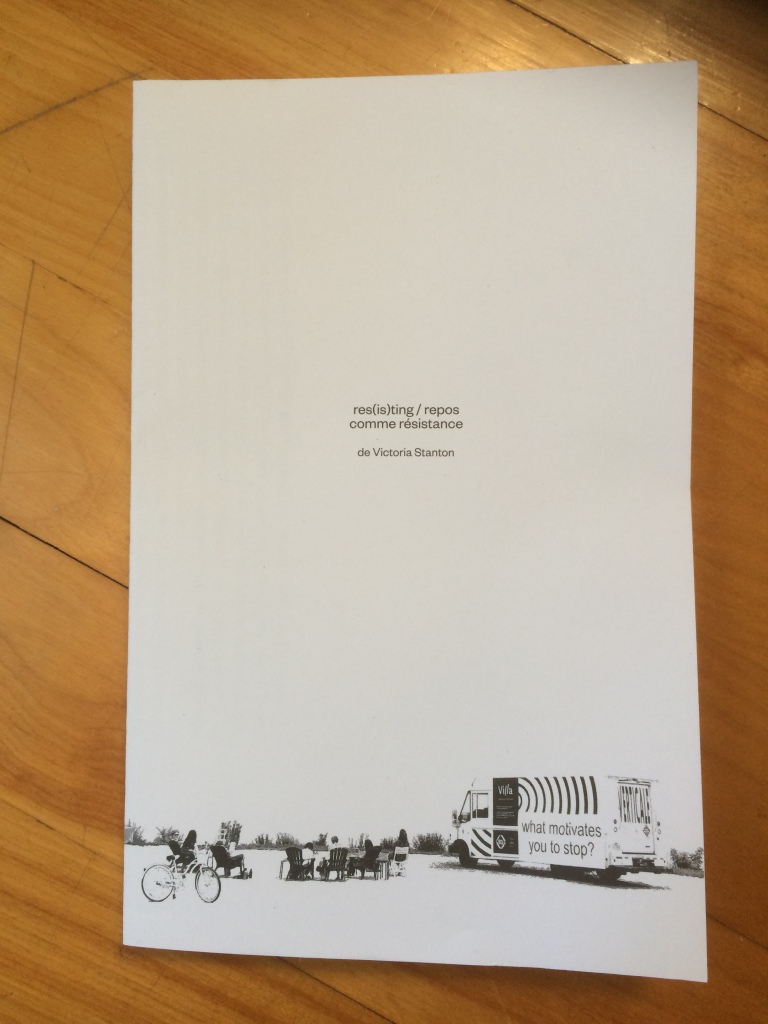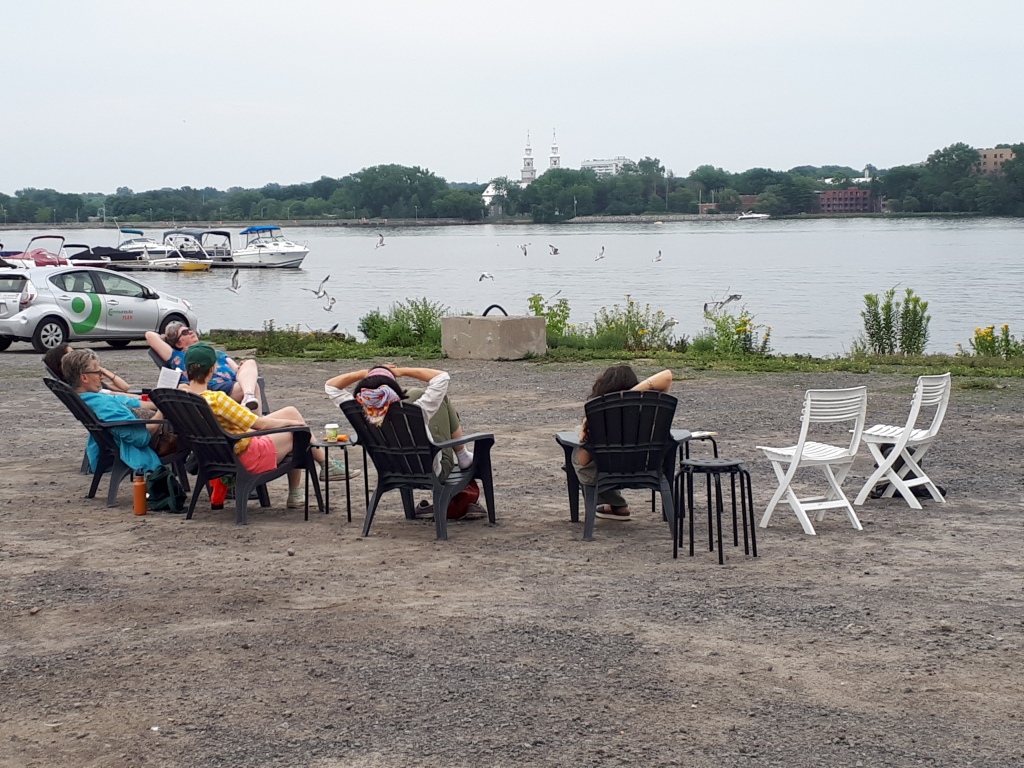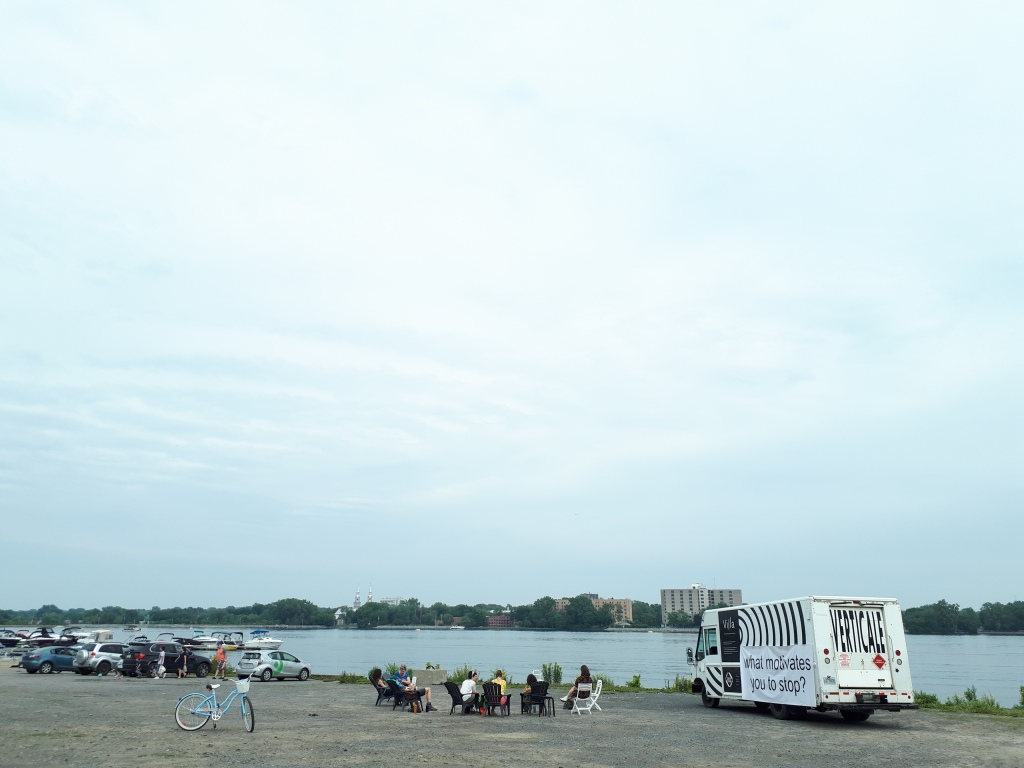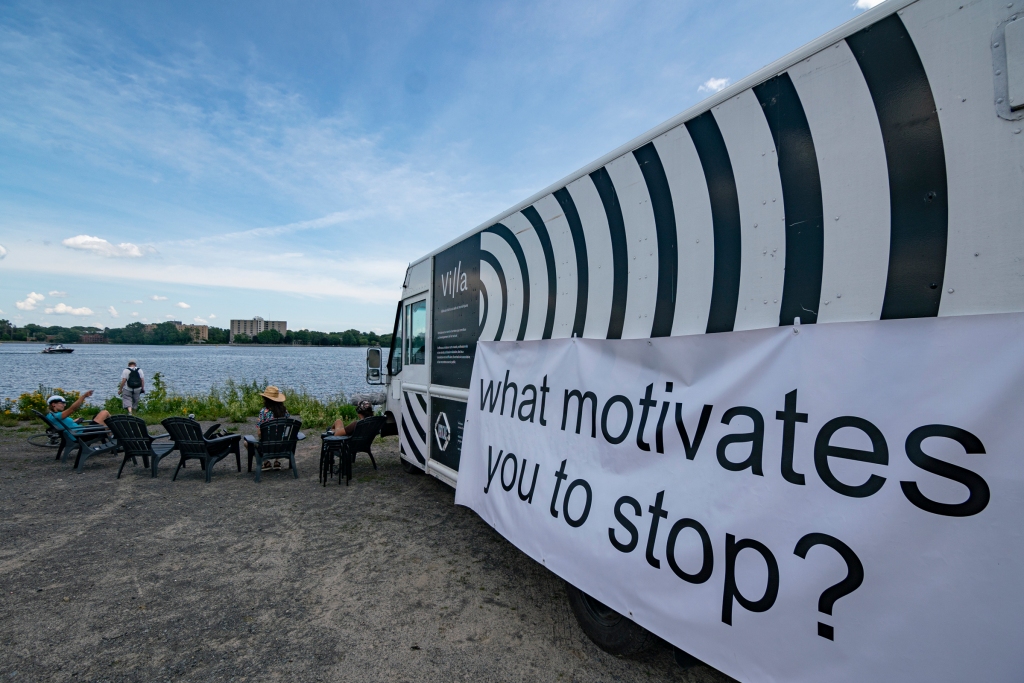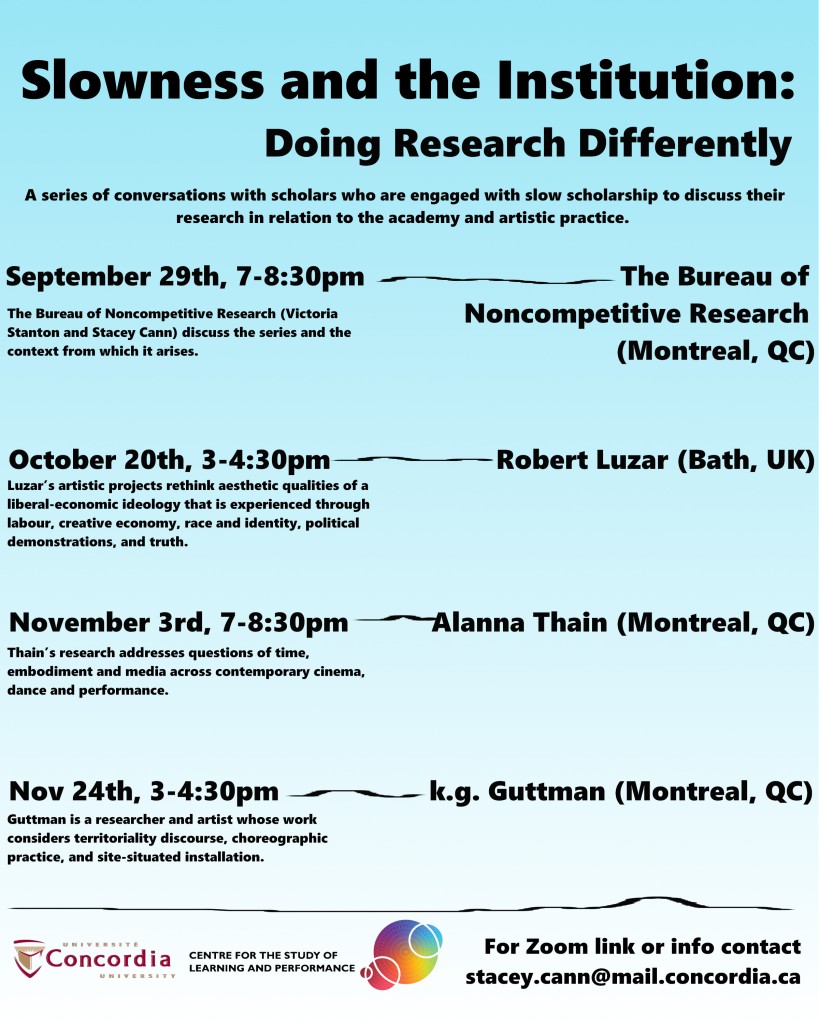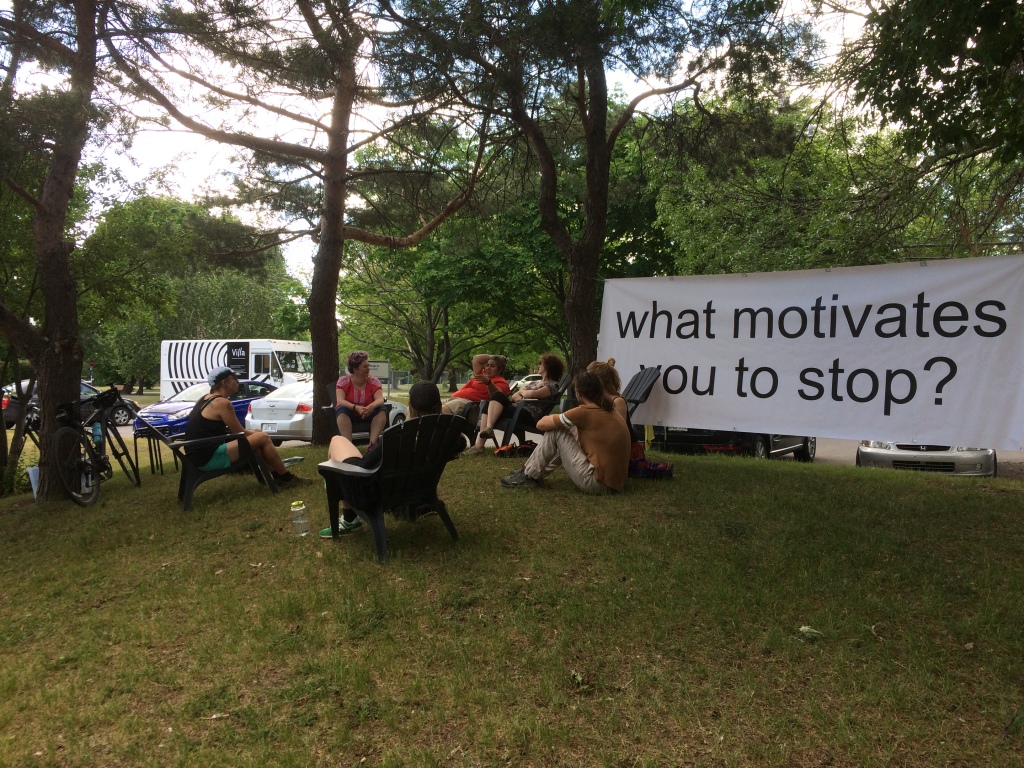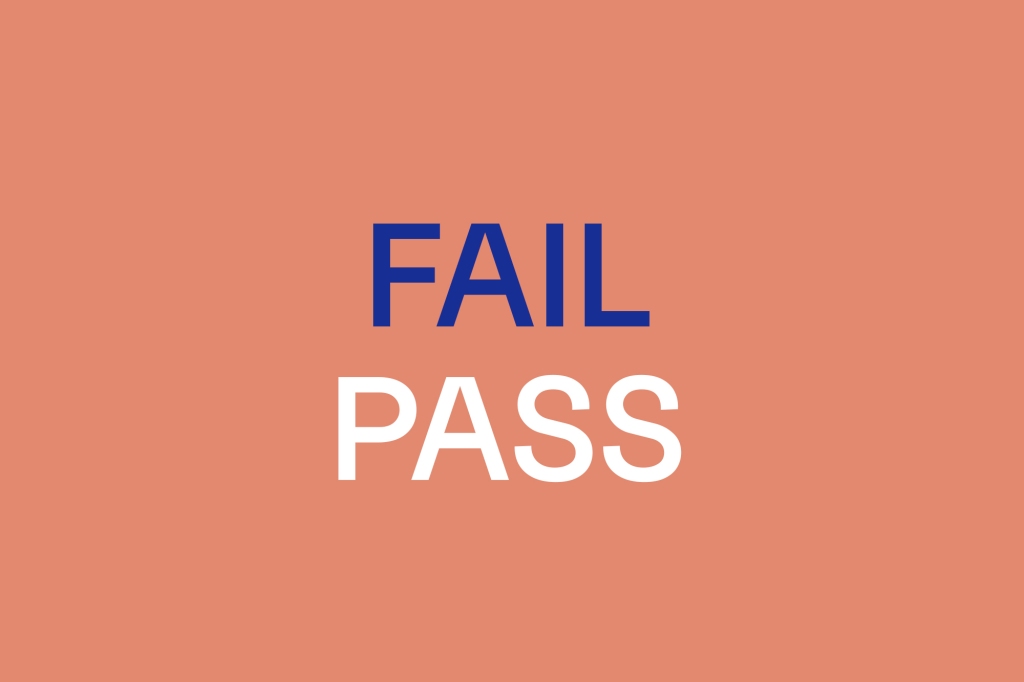
The Bureau of Noncompetitive Research and the PHI Foundation Present: FAIL/PASS
PHI Foundation465 Saint-Jean
Montreal, QC
• Friday, February 23, 2024
• Saturday, February 24, 2024
1 PM to 5 PM
Fail/Pass
CALL:
Failure is not always one step on the road to success. Sometimes you just fail. Period. We all have the right to fail.
Everyone has experienced failure at some point. For artists and academics, this even constitutes a rite of passage. One often feels the need to spin failure into a story of success. But what does it mean to simply fail? How does one integrate and articulate unsuccessful outcomes while resisting the ubiquitous capitalist framework of productive potential?
Where in our culture does one openly discuss failures? When is failure an experience in itself, and even an end unto itself? Can one fail on their own? Which is to say, can failure occur without one comparing their worth and identity to another’s?
Interested in these questions? If you would like to take part, send us a one-paragraph description detailing your intended presentation. Lectures, workshops, or any other formats are welcomed. We suggest a length of about 45 minutes for interventions, including a Q & A period. If you would like to use an alternative format, let us know your time, space, and technology needs. Presenters will receive an honorarium.
***Deadline for submissions: February 1, 2024***
EVENT:
Over the course of two days of dialogue, artists, educators and researchers will come together in Rirkrit Tiravanija’s installation untitled (skip the bruising…) (2017) to present their research, offer workshops, reflect on the successes and failures of their respective practices, and discuss failure as a generative tool in the work of public engagement.
These two days have been organized in dialogue with the Bureau of Noncompetitive Research’s public engagement project, and are presented parallel to the PHI Montréal residency program, which is offered in partnership with the Conseil des arts et des lettres du Québec.
The event will take place in French and in English.
**
Échouer/Réussir
APPEL :
L’échec n’est pas toujours une étape sur le chemin de la réussite. Parfois, on échoue tout simplement. C’est un fait. Nous avons tou·te·s le droit d’échouer.
Tout le monde a connu l’échec à un moment ou à un autre. Pour les artistes et les chercheur·e·s, cela constitue même un rite de passage. On ressent souvent le besoin de transformer l’échec en une histoire de réussite. Mais que signifie simplement échouer? Comment intégrer et articuler un résultat infructueux tout en résistant à l’omniprésence du cadre capitaliste, qui souhaite que l’on transforme tout échec en expérience positive, en levier pour la productivité?
Quels sont les endroits où l’on peut discuter ouvertement de nos échecs? À quels moments l’échec est-il une expérience en soi, voire une fin en soi? Peut-on échouer seul·e? En d’autres termes, peut-on échouer sans comparer sa valeur et son identité à celle d’autrui?
Ces questions vous intéressent? Si vous souhaitez participer, envoyez-nous une description d’un paragraphe décrivant votre présentation. Les conférences, les ateliers ou tout autre format sont les bienvenus. Nous suggérons une durée d’environ 45 minutes pour les interventions, y compris la période de questions et réponses. Si vous souhaitez utiliser un format alternatif, faites-nous part de vos besoins en termes de temps, d’espace et de technologie. Les présentateur·trice·s recevront des honoraires.
***Date limite pour les soumissions: 1er février 2024***
L’ÉVÉNEMENT :
Lors de ces deux journées d’études, artistes, pédagogues et chercheur·e·s se réuniront dans l’installation de Rirkrit Tiravanija untitled (skip the bruising…) (2017) pour présenter leurs recherches, offrir des ateliers, réfléchir aux bons et moins bons coups de leurs pratiques respectives, et échanger sur l’échec comme valeur générative dans le travail en engagement public.
Ces journées d’étude se sont organisées en écho avec le projet d’engagement public du Bureau de la recherche non compétitive, et sont présentées parallèlement au programme de résidences PHI Montréal, développées en partenariat avec le Conseil des arts et des lettres du Québec.
L’événement se déroulera en français et en anglais.

